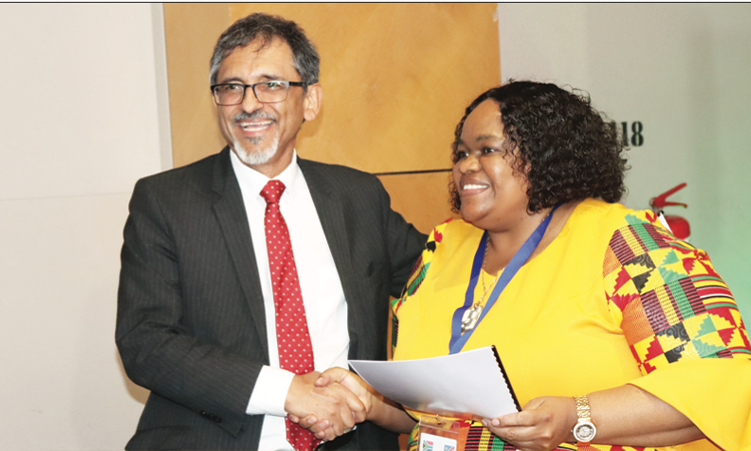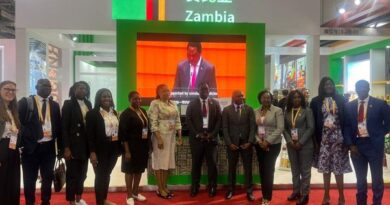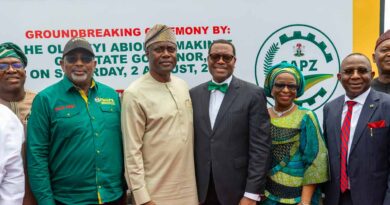South Africa’s Trade Surplus with Namibia Reaches N$30 Billion
The trade relationship between South Africa and Namibia has revealed a trade balance of N$30 billion, with a significant portion of this surplus flowing into South Africa.
Namibian Minister of Industrialisation and Trade, Lucia Iipumbu, disclosed this information at the recently concluded Namibia-South Africa Business Forum.
She noted, “South Africa is Namibia’s primary export partner, accounting for 27% of Namibia’s exports. Conversely, South Africa is Namibia’s primary import partner, making up 66% of Namibia’s total imports.”
This trade dynamic implies that while Namibia sells a substantial amount of its goods to and purchases various products from South Africa, South Africa’s exports to Namibia exceed its imports, resulting in a trade surplus of N$30 billion.
The event was hosted by Namibia’s Ministry of Industrialisation and Trade during the third session of the Namibia-South Africa Bi-National Commission (BNC), co-chaired by Namibian President Hage Geingob and South African President Cyril Ramaphosa.
President Geingob highlighted the importance of the trade partnership, asserting, “The African Continental Free Trade Area has not been as beneficial because little to no industrialisation is taking place in Africa.
Therefore, Namibia and South Africa should be at the forefront of industrialisation in Africa and there needs to be collaboration to achieve this.”
He emphasized the necessity of balanced investment and trade for sustainable economies.
President Ramaphosa echoed this sentiment, underscoring the opportunities presented by the African free trade agreement.
He stressed the need for strengthening cross-border value chains and improving the movement of goods and services across borders to create valuable products.
Namibia Chamber of Commerce and Industry (NCCI) president, Bisey Uirab, discussed the importance of technical capabilities, technological advancements, and infrastructure.
He called for the development of infrastructure such as roads and railways at the regional level, emphasizing private sector involvement in rail tracks and partnerships in the export of manganese through Lüderitz Bay.
During the event, Minister Iipumbu and South Africa’s Trade Minister Ebrahim Patel signed a statement of intent to launch the Business Council and Development Fund.
The business forum and exhibition centered on priority sectors, including agriculture and agro-processing, automotive, clothing and textiles, and green hydrogen.
Both countries explored opportunities to strengthen cross-border value chains and integrate essential infrastructure and logistics supply chains.
This story has been adopted from The Namibia.



